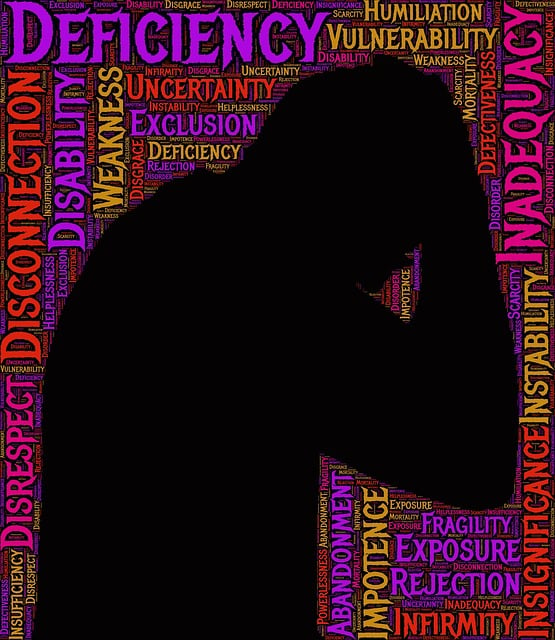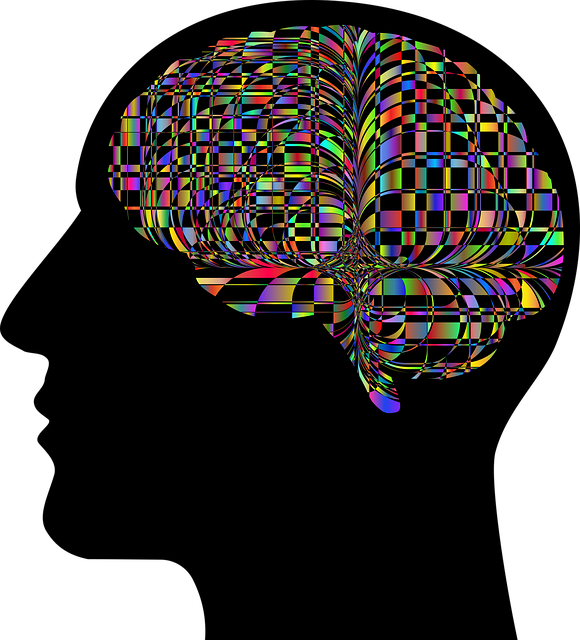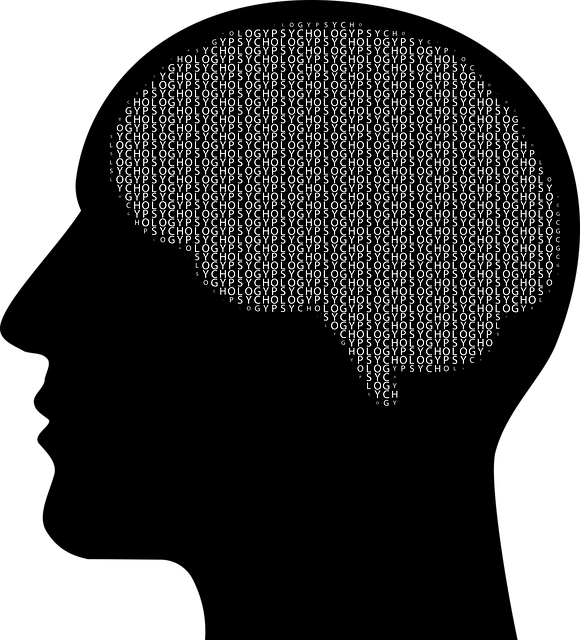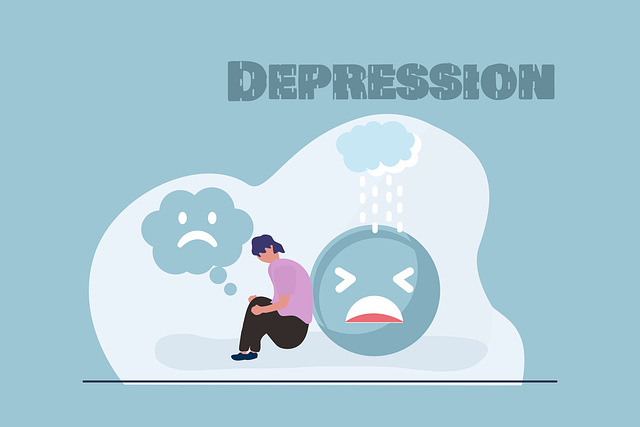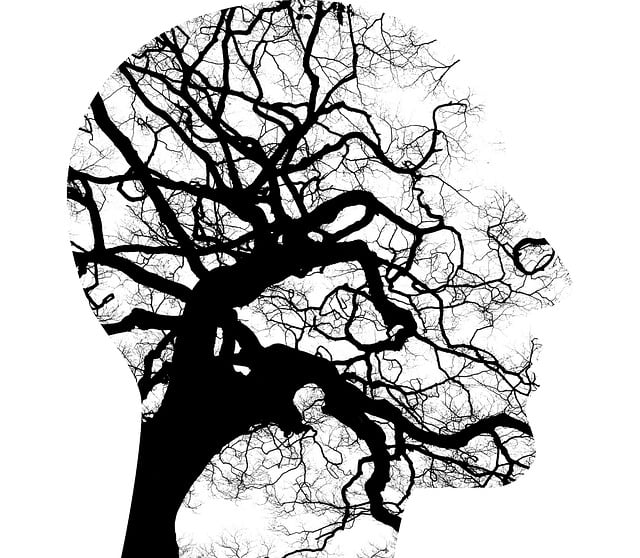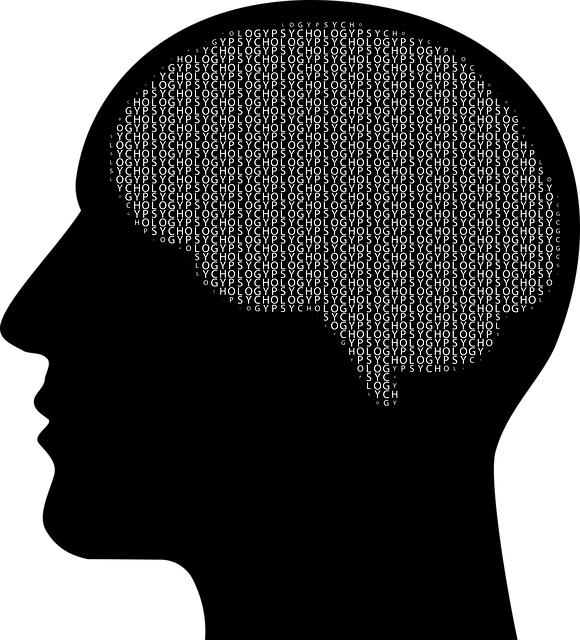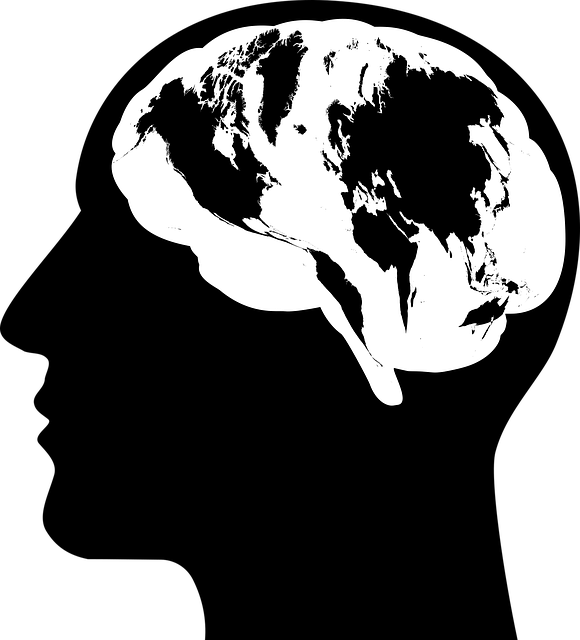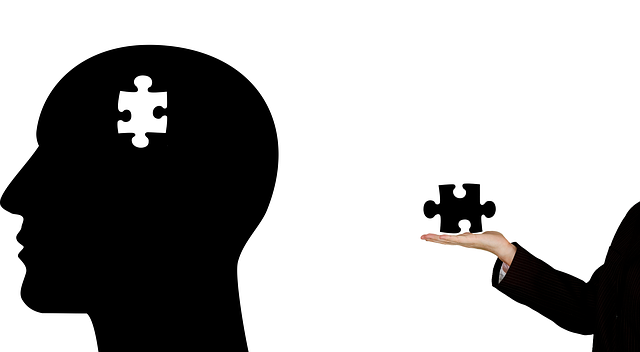Elder veterans face unique mental health challenges, including cognitive decline, physical issues, and PTSD. Coaching programs tailored to their needs, combining empathy, stress management, and confidence-boosting activities, offer powerful support. Cultural sensitivity and personalized interventions are key to effective therapy, ensuring emotional healing and mitigating coach burnout. The structured approach involves risk assessment, evidence-based practices like Compassion Cultivation, and regular sessions for crisis intervention and self-awareness exercises, tracking improvements through standardized assessments and community engagement.
Mental wellness coaching programs are gaining prominence, especially for elder veterans facing unique mental health challenges. This article delves into the crucial role of these programs in supporting this vulnerable population. We explore key aspects, from understanding specific veteran issues to designing and implementing effective therapy models.
Learn how coaching can be a game-changer, offering personalized support and fostering resilience among elders, addressing their unique needs and promoting overall well-being.
- Understanding Elder Veterans' Mental Health Challenges
- The Role of Coaching in Supporting Elder Veterans
- Designing Effective Mental Wellness Coaching Programs
- Implementing and Delivering the Coaching Services
- Measuring Success and Continuous Improvement Strategies
Understanding Elder Veterans' Mental Health Challenges

Elder veterans face unique mental health challenges due to their age and past experiences. As they age, cognitive decline and physical health issues can exacerbate existing mental health disorders like depression and anxiety. Many veterans also carry invisible wounds from their military service, such as post-traumatic stress disorder (PTSD), which can be exacerbated by the transition to civilian life. The combination of these factors creates a complex landscape where traditional therapy for elder veterans must be tailored to their specific needs.
Empathy building strategies play a crucial role in addressing these challenges. Mental wellness coaching programs should focus on fostering deep understanding and compassion between coaches and veterans, creating a safe space for them to open up about their experiences. Additionally, incorporating stress management techniques and confidence-boosting activities can help veterans cope with the demands of civilian life while rebuilding their sense of purpose and well-being.
The Role of Coaching in Supporting Elder Veterans

Coaching plays a pivotal role in supporting elder veterans by offering a unique and targeted approach to mental wellness. Many elderly veterans face specific challenges related to their service, including post-traumatic stress disorder (PTSD), depression, and social isolation. Mental wellness coaching programs can help them navigate these issues through personalized support, fostering emotional healing processes. Coaches work collaboratively with veterans, using evidence-based techniques tailored to individual needs, promoting resilience and coping strategies.
Cultural sensitivity in mental healthcare practice is essential when engaging elder veterans. Coaches must be mindful of the diverse cultural backgrounds and experiences of this demographic, ensuring inclusive and respectful interactions. By incorporating cultural considerations, coaching sessions can become safe spaces for veterans to openly discuss their struggles and share personal narratives, fostering a deeper connection and enhancing the overall therapeutic effect. Additionally, preventing burnout among coaches is crucial, as it ensures consistent and effective support for these deserving individuals.
Designing Effective Mental Wellness Coaching Programs

Designing effective mental wellness coaching programs requires a tailored approach, especially when catering to specific populations like elder veterans. The unique challenges faced by this demographic demand a deep understanding of their experiences and needs. Coaches should incorporate techniques such as conflict resolution, which can help veterans navigate intergenerational differences and communicate more effectively within their support networks. By fostering positive thinking and building resilience, coaching programs can empower elders to manage stress and anxiety, promoting overall mental wellness.
Risk assessment is a crucial component in developing these programs, particularly for mental health professionals working with veterans. This involves identifying potential risks and implementing strategies to mitigate them. It’s important to consider the impact of trauma, physical health issues, and social isolation on an elder veteran’s mental health. Through comprehensive risk assessments, coaches can create personalized interventions that support veterans in overcoming obstacles and thriving in their coaching journeys.
Implementing and Delivering the Coaching Services

Implementing and delivering coaching services for mental wellness requires a structured approach tailored to the specific needs of the target audience, such as Elder Veterans. Starting with an assessment phase is crucial to understand their unique challenges and goals. This involves gathering comprehensive information about their past experiences, current stressors, and desired outcomes through one-on-one consultations or online questionnaires.
Once the initial evaluation is complete, coaches can design personalized coaching plans incorporating evidence-based practices like Compassion Cultivation Practices to foster self-compassion and resilience. Regular sessions should include Self-Awareness Exercises to help Elder Veterans explore their thoughts and emotions while providing Crisis Intervention Guidance for managing acute distress or traumatic events. By combining these strategies, coaching services can effectively support mental wellness, especially for aging veterans who may face distinct challenges in navigating their later years.
Measuring Success and Continuous Improvement Strategies

Measuring success in mental wellness coaching programs is a multifaceted process that goes beyond mere participant satisfaction. For Elder Veterans’ therapy, this could involve tracking improvements in symptoms related to PTSD and depression using standardized assessment tools. Regular pre-and post-program surveys can gauge changes in mental health quality of life, allowing for data-driven comparisons and adjustments. Continuous improvement strategies should be an integral part of these programs.
Incorporating feedback mechanisms through regular check-ins with participants enables coaches to tailor their approaches based on individual needs. Additionally, leveraging communication strategies and fostering open dialogue can enhance the therapeutic experience. Even implementing a Community Outreach Program to connect veterans with local support networks can significantly contribute to long-term success and overall well-being. Mind Over Matter principles, when integrated into these initiatives, offer powerful tools for resilience building, empowering participants to take charge of their mental health journeys.
Mental wellness coaching programs offer a promising approach to addressing the unique mental health challenges faced by elder veterans. By tailoring these programs to their specific needs, we can provide effective therapy for elder veterans, fostering improved well-being and enhanced quality of life. Through careful design, implementation, and continuous improvement strategies, these initiatives have the potential to revolutionize support systems within veteran communities.
